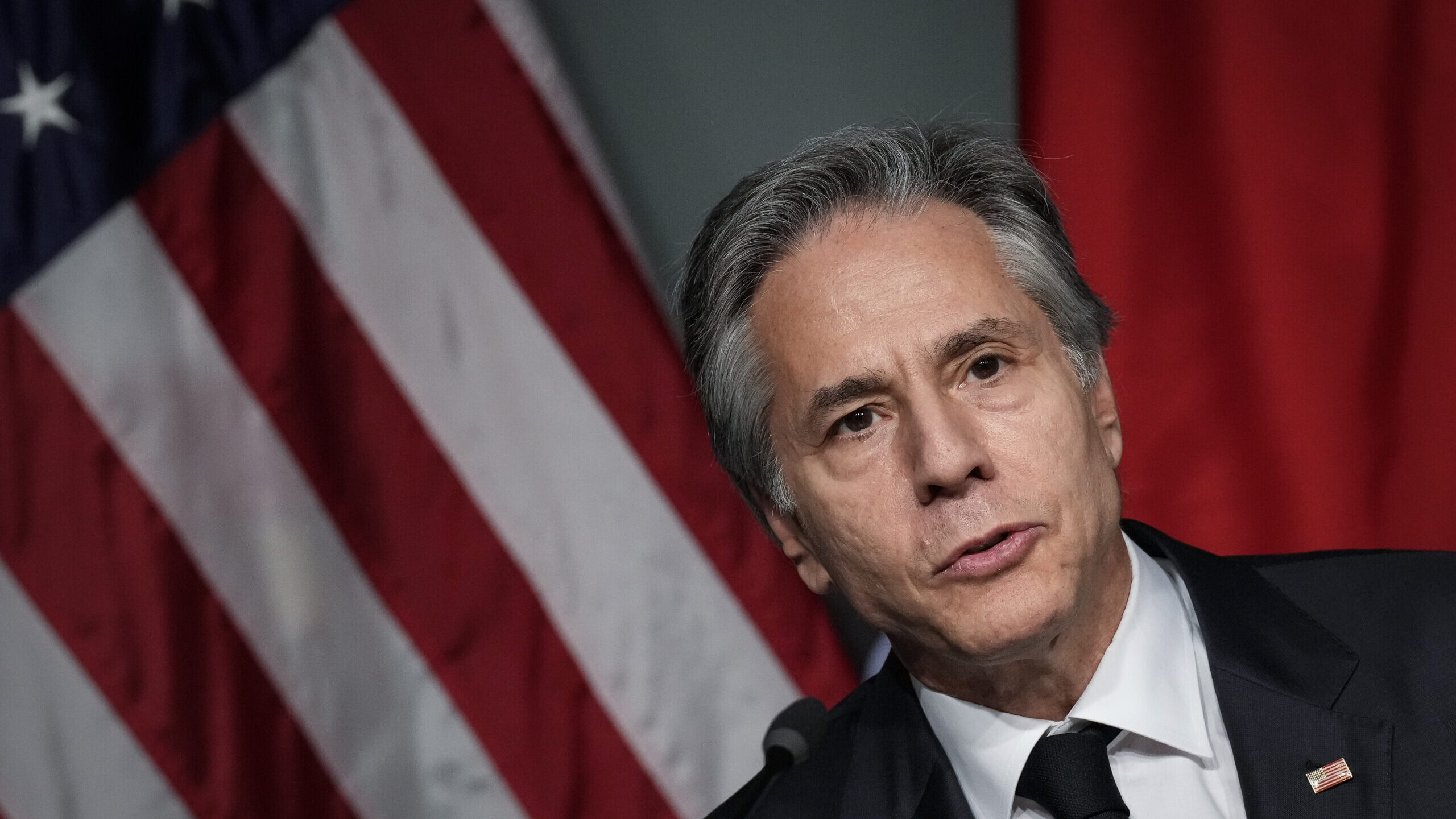
WASHINGTON — Human rights concerns have prompted the Biden administration to divert $85 million away from a larger foreign military financing (FMF) pot for Egypt and divvy it up between Taiwan and Lebanon, State Department officials announced today.
In an email to Breaking Defense, an administration source confirmed that $55 million would be bound for Taiwan and $30 million for Lebanon. In total, Secretary of State Antony Blinken has notified Congress that Washington will provide Cairo with $1.215 billion in FMF from its fiscal 2022 budget, one State Department official told reporters.
“Egypt is making specific and ongoing contributions to US national security priorities,” the official said. “Egypt is a strategic partner of the United States with a crucial voice in efforts to advance regional peace and security …. This decision in no way diminishes our commitment to advancing human rights in Egypt and around the world.”
A $1.3 billion FY22 pot included $980 million in funds that were not subject to human rights conditions, and another $320 million that had the conditions attached. From that second coffer, Blinken opted to “waive the certification requirements” due to “US national security interest” for $235 million of that total, the official explained. However, he was not able to do that with the remaining $85 million because it was subject to different statutory certification requirements aimed at ensuring that Egypt is making “clear and consistent progress in releasing political prisoners,” providing detainees with due process and preventing American citizens from being harassed.
“That requirement on the $85 million may not be waived [and] the secretary determined that Egypt has not fulfilled those conditions,” the State Department official said. “Therefore, we are reprogramming $85 million [for] other priorities and other countries in consultation with the Congress.”
“As we have done for decades, consistent with the Taiwan Relations Act, we will continue to provide defensive articles and services necessary for Taiwan to maintain a sufficient self-defense capability,” an administration official wrote in a statement to Breaking Defense. “We will support Taiwan’s self-defense capabilities commensurate with the threat it faces.”
That $55 million joins a $80 million military transfer to Taiwan that the Biden administration unveiled last month.
As for the funding now aligned for Lebanon, the source said it is “critical” to support Lebanese armed forces that “assumed responsibilities beyond its normal remit due to security challenges stemming from the compounding crises facing the country.”
The Wall Street Journal first reported the reprogramming decision and since various stakeholders and observers have begun issuing responses.
Mohammed Soliman, director of the Strategic Technologies and Cyber Security Program at the Middle East Institute called the US decision a “noteworthy development” that reflects Washington’s decision to strategically realign toward the Indo-Pacific region “at the expense of the Middle East.”
“While the amount of aid redirected to Taiwan may seem relatively small, it carries significant symbolic and strategic implications,” Soliman wrote in a statement to Breaking Defense. “This move underscores a broader shift in US priorities, signaling a pivot from the Middle East towards the Indo-Pacific region, with a particular focus on Taiwan.”
“Taiwan, given its location and increasing importance in regional dynamics, has become a focal point in this recalibration,” he later added.
Meanwhile, Sen. Roger Wicker, the top Republican on the Senate Armed Services Committee, called the $55 million figure a “pittance compared to Taiwan’s enormous needs.”
“It is doubly disappointing that rather than requesting standalone FMF funding for Taiwan, as I have repeatedly challenged the administration to do, the president chose to source these funds from a different security partner,” Wicker wrote in a statement today. “This is especially counterproductive since Egypt has proven receptive to this administration’s human rights concerns.”